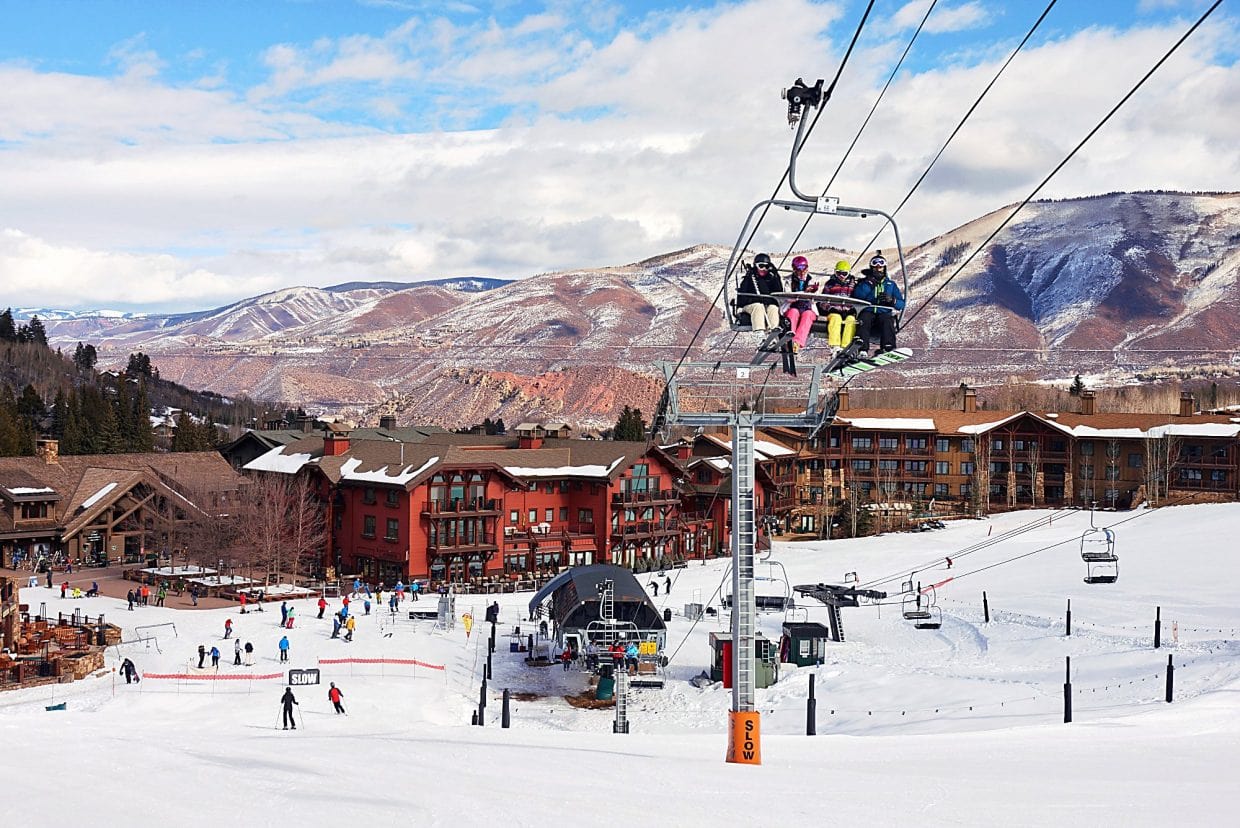
The state of New Hampshire may soon be considering a new state-wide sales tax of 9 percent on ski lift passes, proposed by the State Rep. Craig Thompson, to help fund a scholarship program for in-state college students. With one of the highest in-state tuition costs of over $18,000 (USD) per year, almost $5,000 above the national average, approximately 66% of New Hampshire students leave the state to find a cheaper education. While this is an issue that needs addressing, is taxing lift passes the best way to approach it? Surely, those who can afford to go skiing can afford to spend a few extra dollars on their lift pass, right?

Currently, most US states do not include lift passes under the general sales tax because they are not considered a “tangible item”. Canada, among many countries, does include ski passes under their general sales tax, and there are some US states that are exceptions and also tax passes, including Washington, Utah, Idaho, and Vermont, but the vast majority consider ski passes a service, not a taxable retail item. However, some communities have taken it upon themselves to impose their own tax, with revenues being put towards a collective town improvement fund. For example, multiple ski communities in Colorado, including Vail, Breckenridge, and Snowmass, pay a sales tax of around 4 percent of their revenue to their respective local towns. This money, which can be up to 4 million USD per year, is either deposited into a general town improvement fund or it goes into projects such as road improvements and new parking infrastructures that directly benefit the ski hills.
In contrast, it is possible that the proposed New Hampshire tax would significantly harm local ski businesses because the collected taxes would not be put back into the tourism industry, they would instead be used for an education fund. Tourism, and specifically ski tourism, is a significant industry in New Hampshire, so raising the prices of ski passes to accommodate a 9 percent tax could discourage consumers, especially because New Hampshire is located in one of the most densely populated ski hill areas of the US, with many competitive nearby ski resorts in neighboring states.

While ski companies plan to lobby against this proposed bill, many individuals also support it because of it’s potential to allow more students to have the financial capability to remain local for college and then pursue work within the state, helping grow the overall economy and development of New Hampshire. Currently, over 66% of students leave the state for their post-secondary education, and 80% of these students do not return to New Hampshire to work. A tax on ski lift passes could potentially generate tens of millions of dollars to be put into a scholarship fund every year, helping students with financial need afford the expensive New Hampshire tuition. By encouraging students to study and work in-state, the economy would potentially flourish, offsetting the financial drawbacks that the tax would impose on the tourism industry. However, this would take many years for these effects to be seen, and the struggling economy in the meantime may drive students looking for work further away, negating the original goals of the tax.
What are your thoughts? Should ski lift passes be considered a taxable service and used to help fund students’ college educations? Or would putting restrictions on the state-wide tourism industry cause more harm than good?
Live Free or Die!
Living free is getting expensive.
the real question should be why is New Hampshire’s tuition costs $5000 above the national average.
Clearly the value is not there or students would not be going else where